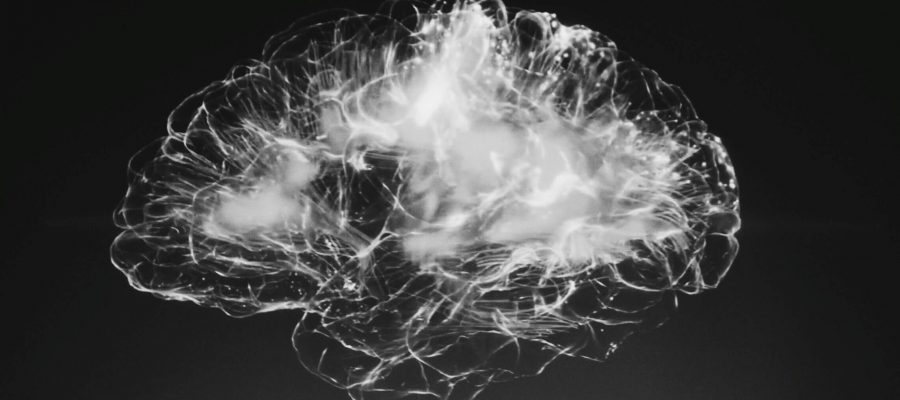Hearing Loss & Dementia

Understanding the connection between untreated hearing loss and cognitive decline
One bit of news that is no longer “new” and definitely not “fake” news is the link between hearing loss and dementia. It is encouraging that media reports have made the public more aware that the two conditions are related.
Audiologists have long promoted the link between hearing loss treatment and brain function. Hearing loss typically involves a gradual loss of ability to hear speech and other sounds, resulting in increasing difficulty understanding conversation and interacting with others.
Untreated hearing loss also has side effects that can lead to social and personal issues with feelings of isolation, inadequacy, depression, and loneliness.
Like hearing loss, dementia is usually gradual and involves progressive cognitive decline resulting in memory loss, reduced performance in mental tasks, and sometimes personality changes. Both conditions can appear similar at first glance, so it is important to understand the link between the two.
Both hearing loss and dementia occur more frequently as we age. About 1/3 of those over 65 have hearing loss, increasing to over half by age 75. About 14% of the population over 70 will develop dementia. The rate of dementia increases dramatically for those in their 70’s (5%) to approximately 40% for those 90 and over.
Brain research has shown that the risk of dementia increases significantly with greater hearing decline if left untreated. Statistics show that an individual with untreated mild hearing loss is twice as likely to develop dementia, but the numbers jump for those with untreated severe hearing loss to five times as likely to develop dementia.
It is important to have baseline hearing testing to find out what the status of your hearing is and if treatment is indicated. Hearing testing is simple and painless.
Using hearing aids, in the beginning, will take some time for your brain to relearn how to use new sounds, so it is important that you are patient with yourself when adjusting to the new way of hearing. Your audiologist will provide the right professional advice to guide you through the initial stages and learn how to get the most from your hearing aids.
If testing for dementia is indicated, it should ALWAYS be preceded by hearing testing (and treatment if indicated). Even professionals can overlook the impact of hearing loss on dementia and fail to recognize the importance of good hearing for the verbal portions of the cognitive testing.
What should you do?
1. Find an audiologist to advise you on your hearing and suggest the right treatment if needed. Testing will show if any hearing loss is due to medical problems or if hearing instruments are indicated. Properly adjusted hearing instruments can improve your ability to understand conversation, which will improve your family and friend relationships, social interactions, cognitive function, and overall well-being.
2. Follow your physician directives for treatment of medical conditions known to cause hearing loss: diabetes, hypertension, cardiac problems
3. Eliminate risk factors such as noise exposure or smoking
4. Have your hearing tested to find out if you have hearing loss
5. Get proper hearing aids if they are recommended for you
6. Maintain a healthy physical, mental, and social lifestyle
If you or someone close to you is experiencing signs of hearing loss, don’t wait to get tested. Contact our practice to schedule a hearing test with one of our hearing professionals.
